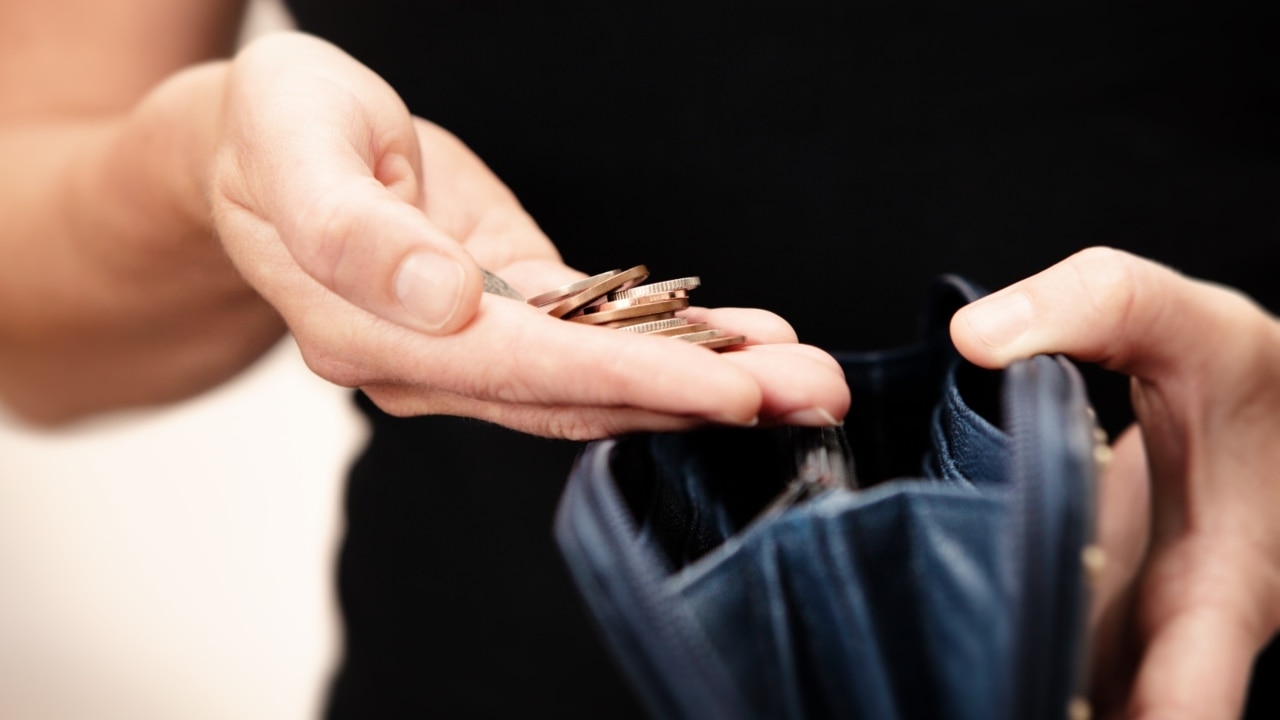‘Your secrets are no longer safe’: ATO’s warning to dodgy Aussies
The ATO has fired off a warning to Australians hiding money from the authorities saying they will feel ‘serious consequences’.

The Australian Taxation Office has delivered a stern warning to Aussies improperly funnelling money overseas declaring “the message is clear for those who try to cheat the system – your secrets are no longer safe”.
The announcement comes after a trove of documents was released by the International Consortium of Investigative Journalists (ICIJ) detailing the secret wealth of prominent people globally amassed through offshore schemes, tax loopholes and, in some cases, accusations of money laundering.
Known as the “Pandora Papers” some 600 journalists from across the world examined 11.9 million documents from 14 financial services companies.
Much of the money trail can be linked back to offshore tax havens such as the British Virgin Islands and Cayman Islands or to financial services companies based in places like Singapore and Switzerland.

In most countries, the ICIJ stressed, it is not illegal to have assets offshore or to use shell companies to do business across national borders.
The cache unveiled overnight has highlighted the wealth of leaders including Russian leader Vladimir Putin and former UK Prime Minister Tony Blair.
The papers accuse the King of Jordan Abdullah II bin Al-Hussein of spending $80m on 15 homes in the UK and US through secret firms. While Czech Prime Minister Andrej Babis is said to have not declared an offshore investment company used to purchase a $22m home in France.
“I have never done anything illegal or wrong,” Mr Babis hit back in a tweet, calling the revelations a smear attempt aimed at influencing the upcoming Czech election.
In total, the ICIJ found links between almost 1000 companies in offshore havens and 336 high-level politicians and public officials, including more than a dozen serving heads of state and government, country leaders, cabinet ministers, ambassadors and others.
“I guess it mostly demonstrates that the people that could end the secrecy of offshore, could end what’s going on, are themselves benefiting from it,” the ICIJ’s director Gerard Ryle said in a video accompanying the investigation.

ATO: papers “interesting”
On Monday, Australian Taxation Office (ATO) deputy commissioner and Serious Financial Crime Taskforce chief Will Day said the dump of information was “interesting” and the organisation would be looking at the Pandora Papers to see if there were any links to Australia.
But the tax office doesn’t “rely on data leaks to do our job,” he added.
“We detect, investigate and deal with offshore tax evasion year-round.
“We are well connected locally and globally in our efforts to fight financial crime. We will certainly look at this data set and compare it with the data we already have to identify any potential connections”.
“Your secrets are no longer safe”
Mr Day added that just because someone’s name had appeared in the Pandora Papers it did not mean they had done anything criminal.
“There are a range of legitimate reasons that someone may have for an offshore bank account or structure. We know most Australians do the right thing.
“However, there are some who attempt to hide their ownership interests or financial misdoings through offshore arrangements,” Mr Day said.
The ATO has particularly close relationships with tax authorities in the US, UK, Canada and the Netherlands but also works with range of other bodies including the Organisation for Economic Co-operation and Development (OECD).
The tax office has said it’s been able to identify at least $1 billion of extra revenue owed to it.
While the Serious Financial Crime Taskforce, led by the ATO, has collected more than $300 million of funds from criminal activities including offshore tax evasion.
Mr Day delivered a shot across the bows of Australians that might try and emulate some of the more nefarious activities uncovered in the Pandora Papers.
“The message is clear for those who try to cheat the system – your secrets are no longer safe, and you can expect to feel serious consequences for your actions.
“No complicated money trail is too difficult for us to unravel.”
- with AFP.





